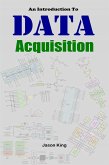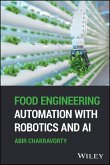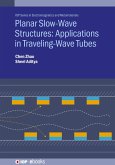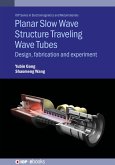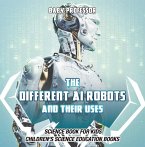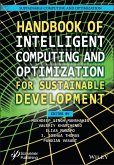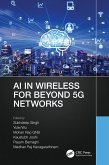The revolutionary impact of advances in artificial intelligence on consumer and industrial electronics has significantly increased the demand for specialized processing units for AI workloads. AI-Processor Electronics: Basic Technology of Artificial Intelligence explores the principles and technology behind these processors, which perform fast, energy-efficient data processing and complex computations. The book begins with an overview of AI, machine learning, and deep learning, and a brief introduction to digital computer electronics. It highlights the limitations of traditional CPUs in modern AI, discussing parallel computing and AI-optimized hardware that are specially tailored and adapted to meet AI requirements. The book then covers various AI processors, including graphical, tensor, neural, convolutional neural network, vision, sparse neural network, graph analytics, associative memory, and quantum processing units.
Key features:
Key features:
- Provides a review of the physics of operation of a diverse variety of representative AI processors, and the key concepts and innovations underlying their development
- Covers the underlying principles, technologies, opportunities and future prospects
- Highlights the inadequacies of general-purpose processors in meeting the computationally intensive needs of artificial intelligence workloads
- Elucidates the use of parallel processing architecture in simultaneously performing multiple calculations across data streams
- Explores the concepts of neuromorphic and quantum computing to address the growing demands of big data in AI
Dieser Download kann aus rechtlichen Gründen nur mit Rechnungsadresse in A, D ausgeliefert werden.



